- Learning time
- 20 minutes
- First play time
- 90 minutes
Samurai
Designed by: Reiner Knizia
If you like a simple rule-set with a deal of strategic depth then Samurai will appeal. The modular board (different sizes depending on the number of players) makes up a map of Japan, adorned with cities and towns. Before the game begins, players randomly assign the three types of pieces onto the board – these are High Hats, Buddhas and Rice Fields. The players goal is to grab as many of at least one type of these pieces during play.
The board is printed with a hexagonal grid, and on your turn you take one of a select few hexagons (hidden behind a player screen) and place it on the map, adjacent to a town or city. Your tiles will show a value that pertains to the aforementioned High Hats, Buddhas or Rice Fields: when a town or city is surrounded, the player with the most of a particular tile set around it collects the appropriate piece form the city – the player with most Buddha points would collect the Buddha piece, and so on.
Added to this basic concept is are the Samurai tiles – essentially jokers that add to your score in all categories – and a couple of special action tiles that allow you to swap tiles on the board or swap pieces.
It can be learned very quickly, but the game is all about strategy. If you’re a huge fan and want a more portable (if slightly different) version, Samurai: The Card Game scratches the same itch.
The guru's verdict
-
Take That!
Take That!
Players can be blocked out of spaces and out-scored by opponents, and you'll find this is in fact a regular occurrence!
-
Fidget Factor!
Fidget Factor!
Depends entirely on how fast you play, but the winner is unlikely to be the player rushing their moves.
-
Brain Burn!
Brain Burn!
Samurai is very easy to learn, but with five tiles to choose from and even more places to put them, it's a game that rewards thoughtful analysis.
-
Again Again!
Again Again!
The randomness of the tiles coming into your hand ensure the game is always different.

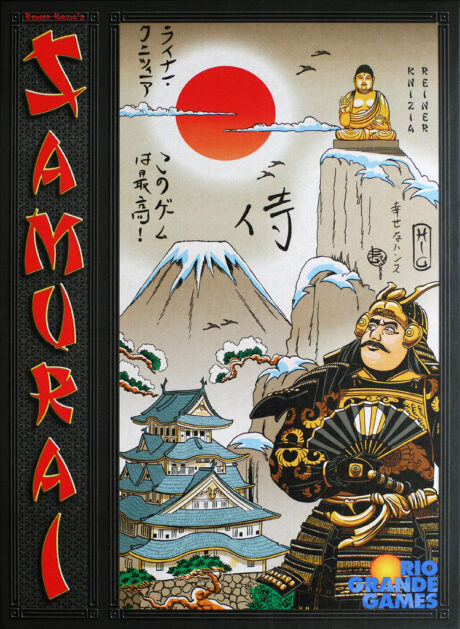
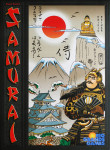
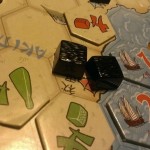
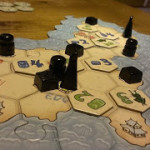
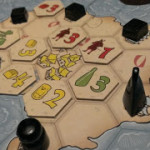
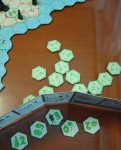
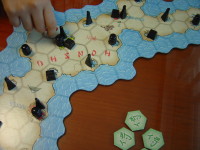
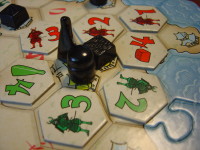
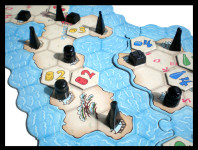


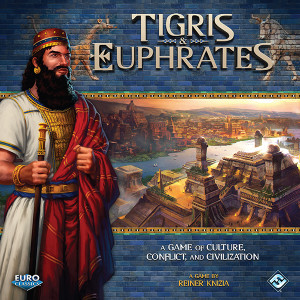
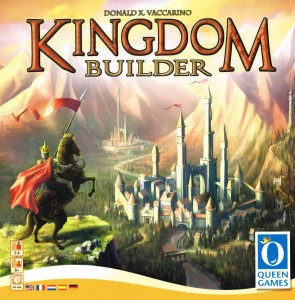


Sam says
Dryness in a game is often used pejoratively; implying it's not fun. But fun doesn't have to come from the theme - many people enjoy other elements of gaming: the intellectual challenge, and the tension of battle. Samurai has that aplenty.